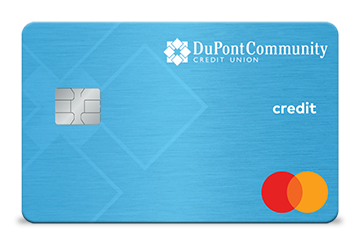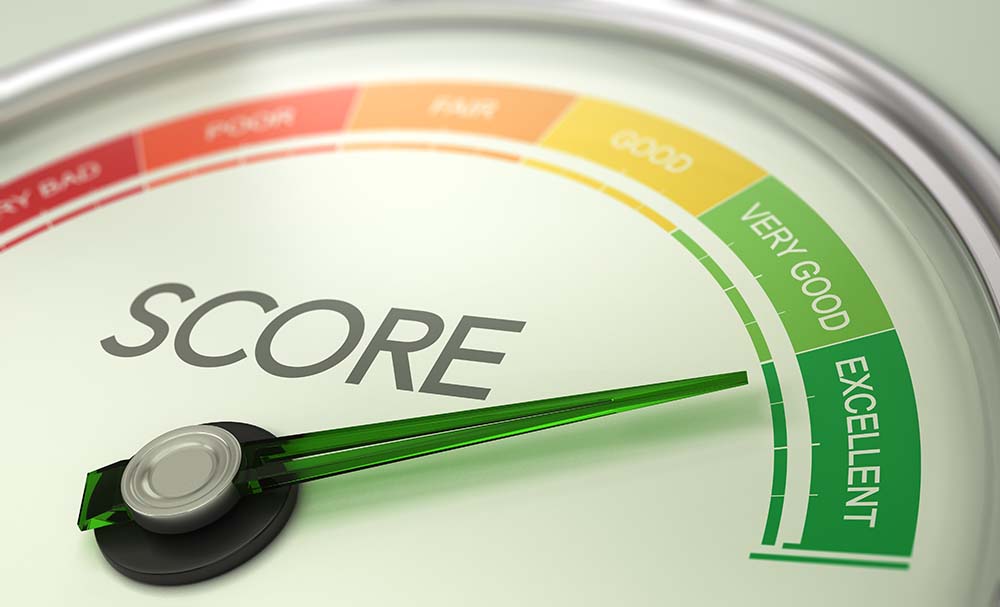DCCU Routing # 251483311
How can DCCU help you today?

Repair your credit with the money in your account
If you are looking to establish or rebuild your credit, then a Secure Card may be the right fit for you.
- Great low rates
- No Annual Fee
- Limits from $200 - $1,000

Pay Off my Credit Card

Budgeting 101

Simplify Your Finances with a Balance Transfer
GreenPath
DuPont Community Credit Union cares about your financial health and believes that the more education and tools you have to manage your money, the more likely you are to establish a secure financial future for you and your family. DCCU has partnered with GreenPath financial wellness solutions to deliver free, valuable information you can put into practice immediately.
GreenPath is a non-profit company that helps you achieve your financial goals so you can pay bills on time, build a financial cushion, save for the future, and enjoy life without financial stress. GreenPath offers guidance in a variety of areas, including money management, housing counseling, debt repayment, and more.
- Online Educations & Tools
- Individualized Services
Whether you’re starting out or trying to get back on track, GreenPath offers a variety of online resources to help you with everything from creating a spending plan to managing your checking account, and more.

GreenPath provides confidential debt counseling, free of charge. A GreenPath counselor will work with you to understand your personal financial situation and goals, develop a budget, and share ideas to help you get out of debt through a personalized action plan. Contact GreenPath at 877.337.3399 to get started today.
If the thought of repaying your student loans is overwhelming, GreenPath’s student loan counseling may be for you. GreenPath offers two counseling options to help you find the best repayment option and develop a repayment plan. There is a cost associated with GreenPath’s student loan counseling. For information about cost and to see if student loan counseling is right for you, call the GreenPath Student Helpline at 855.400.3718.
Money Management: Credit
Credit is your reputation as a borrower. Nearly everyone uses some form of credit, and it is a privilege that should be managed wisely.
A credit report contains information about your credit history and the status of your credit accounts.
This information includes:
- How often you make your payments on time
- How much credit you have
- How much credit you have available
- How much credit you are using
- Whether a debt or bill collector is collecting on money you owe
It can also contain public records such as liens, judgments, and bankruptcies that provide insight into your financial status and obligations. Lenders use these reports to help them determine if they will loan you money, what interest rates they will offer you, or whether you continue to meet the terms of the account.
A credit score is a number that represents credit worthiness. For many years, credit scores were only associated with high-ticket items such as a car or a home. Today, credit scores can affect your ability to get a good rate on commodities such as car insurance or cell phones, and can even determine whether or not you are hired for a job or get a promotion.
Ninety percent of lenders and creditors use the FICO score, which ranges from 300 to 850. The higher the score, the better it is for the consumer, because a high credit score can translate into a low interest rate.
Building your credit is a process that doesn’t happen overnight, but there are many things you can do to start building a positive credit history.
Timely Payments | One of the simplest ways to build your credit is to pay your bills on time. Making timely payments shows that you are a responsible consumer.
Open a secured loan | A secured loan may be a good idea if you’re looking to build your credit. With a secured loan, you borrow money against your savings account while still earning interest on the balance in the account.
Credit card accounts | Open a credit card and only use 30% or less of the limit. Pay off the balance monthly.
Take out a small car loan | Apply for a small car loan and make a 10-20% down payment. Be sure to make your monthly payments on time.
Let your accounts age | The longer you’ve had credit, the better it is for your credit score. Leave your oldest accounts open since they help increase your credit age and build good credit.
Contact the Credit Bureaus


